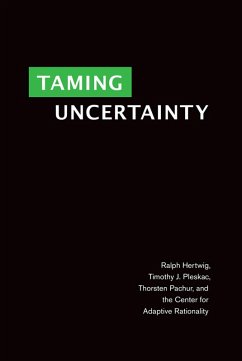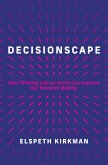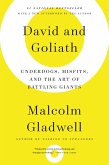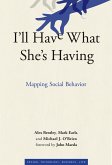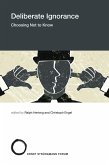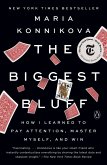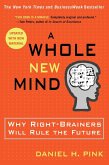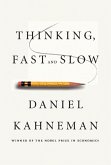How do humans navigate uncertainty, continuously making near-effortless decisions and predictions even under conditions of imperfect knowledge, high complexity, and extreme time pressure? Taming Uncertainty argues that the human mind has developed tools to grapple with uncertainty. Unlike much previous scholarship in psychology and economics, this approach is rooted in what is known about what real minds can do. Rather than reducing the human response to uncertainty to an act of juggling probabilities, the authors propose that the human cognitive system has specific tools for dealing with different forms of uncertainty. They identify three types of tools: simple heuristics, tools for information search, and tools for harnessing the wisdom of others. This set of strategies for making predictions, inferences, and decisions constitute the mind's adaptive toolbox.
The authors show how these three dimensions of human decision making are integrated and they argue that the toolbox, its cognitive foundation, and the environment are in constant flux and subject to developmental change. They demonstrate that each cognitive tool can be analyzed through the concept of ecological rationality—that is, the fit between specific tools and specific environments. Chapters deal with such specific instances of decision making as food choice architecture, intertemporal choice, financial uncertainty, pedestrian navigation, and adolescent behavior.
Dieser Download kann aus rechtlichen Gründen nur mit Rechnungsadresse in A, B, BG, CY, CZ, D, DK, EW, E, FIN, F, GR, HR, H, IRL, I, LT, L, LR, M, NL, PL, P, R, S, SLO, SK ausgeliefert werden.

